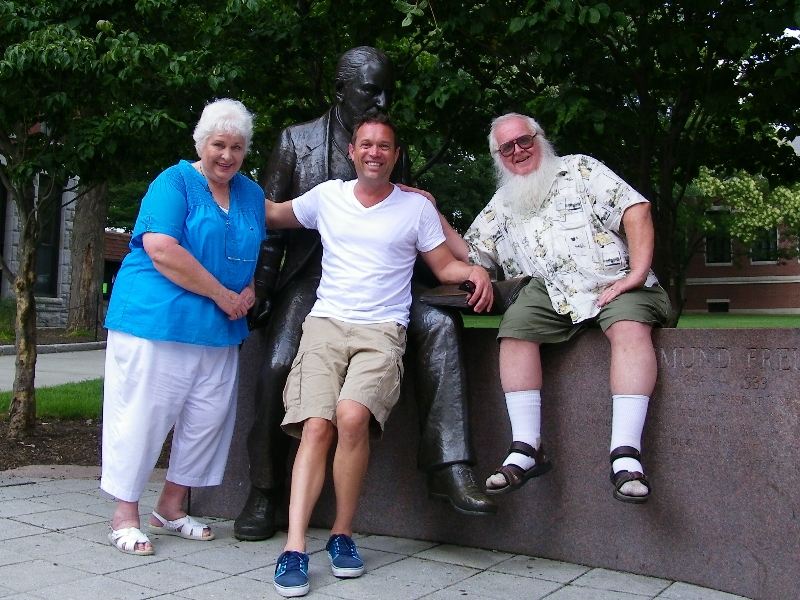
Publications
Human Rights and German Intellectual History in Transnational Perspective
Document Type
Article
Abstract
Human rights, recently, have been a controversial topic. A debate has unfolded that includes concerns about their political instrumentalization, appropriation, and narrowing, as well as fundamental critiques about their viability from leftist and right-wing perspectives. On the one hand human rights today are seen as central to domestic and international politics; on the other hand their legitimacy is questioned more than ever (see Benhabib 8–11). This forum seeks to respond to these controversies with a step back onto scholarly terrain, taking rigorous, historicizing, and focused looks at human rights discourses from a transnationally inflected German Studies angle. Questions of human rights exceed national frameworks by their very nature, and transnational contexts and exchanges have been fundamental to their development historically as well as today. At the same time, human rights discussions have been complexly entangled in nationalist projects, localized intellectual histories, and political struggles. Discussing human rights is therefore by necessity multifaceted; “a close examination of human rights” is not possible, “without a genuine attempt to partake in cultural historical, philosophical, psychological, and sociological deliberations at once” (Kaul/Kim 5). Existing scholarly work on the history of human rights indicates complex, plural genealogies of relevant conceptualizations. These are rich traditions that have been charted in terms of continuity (Hunt) as well as discontinuity (Moyn), and which open onto a host of contemporary and future issues.
The contributions below first trace the emergence of human rights discourses back to the European Enlightenment, where the debate on human rights was part of a shift from a religious to a secular foundation of rights, a shift that moved parallel to a turn away from natural towards positive law. It was the author and philosopher Jean-Jacques Rousseau who was one of the first to use the term “human rights” (“droits de l'homme”) in 1762 (Hunt 23–24), after which the term gained currency quickly, with literature functioning as an important medium of imagining and communicating about such rights (Hunt 35–69). Susan Meld Shell reconstructs the centrality of Kant for the German debate about human rights, retrieving his arguments from beyond their different appropriations in the theories of John Rawls and Robert Nozick. As Shell's contribution also reminds us, reflections on human rights were always linked to moments of political turmoil and crisis, such as, in the eighteenth century, the American and the French Revolutions. But they also always constituted a positive response to such crises; they were part of a transitional process of moving towards a new sense of justice, which stretched across the long nineteenth century and extended from human to civil and sexual rights, as Robert Tobin's contribution details.
Publication Title
German Quarterly
Publication Date
7-1-2020
Volume
93
Issue
3
First Page
390
Last Page
416
ISSN
0016-8831
DOI
10.1111/gequ.12147
Keywords
German literature, prose, human rights
Repository Citation
Shell, Susan Meld; Tobin, Robert Deam; Moyd, Michelle; Lützeler, Paul Michael; Bakara, Hadji; Schmidt, Jana; Moyn, Samuel; Huyssen, Andreas; and Breger, Claudia, "Human Rights and German Intellectual History in Transnational Perspective" (2020). Publications. 5.
https://commons.clarku.edu/tobinpub/5


